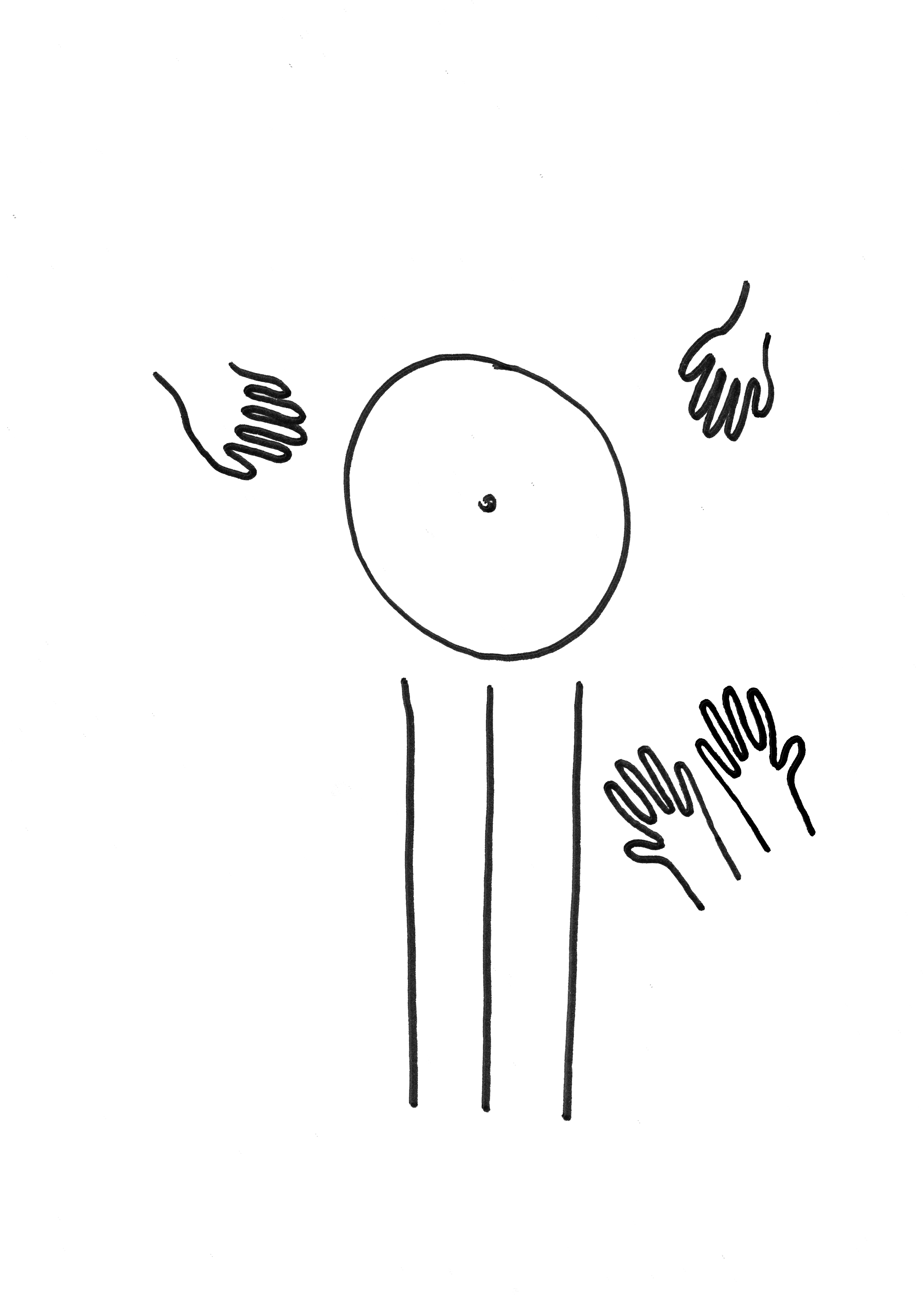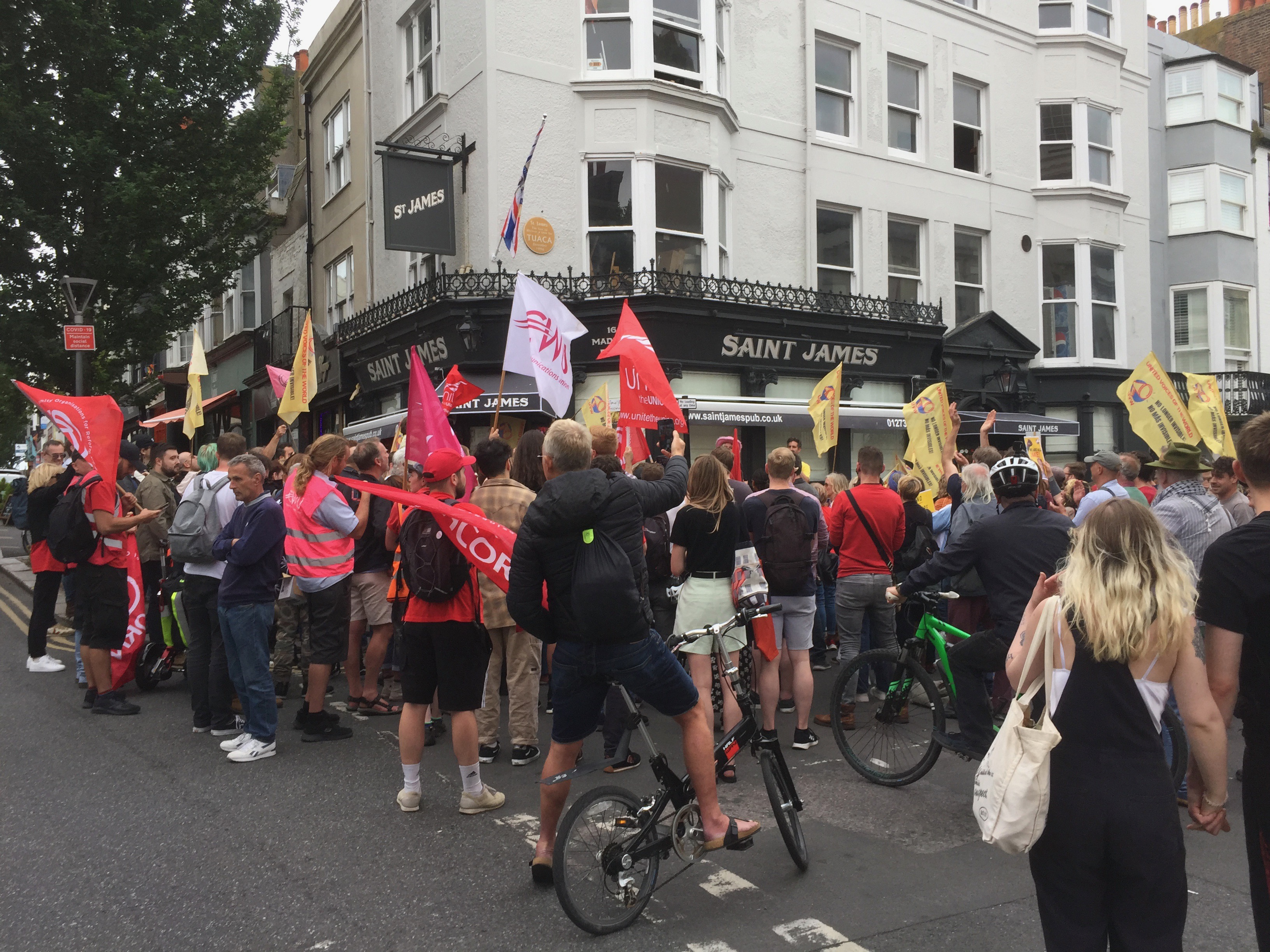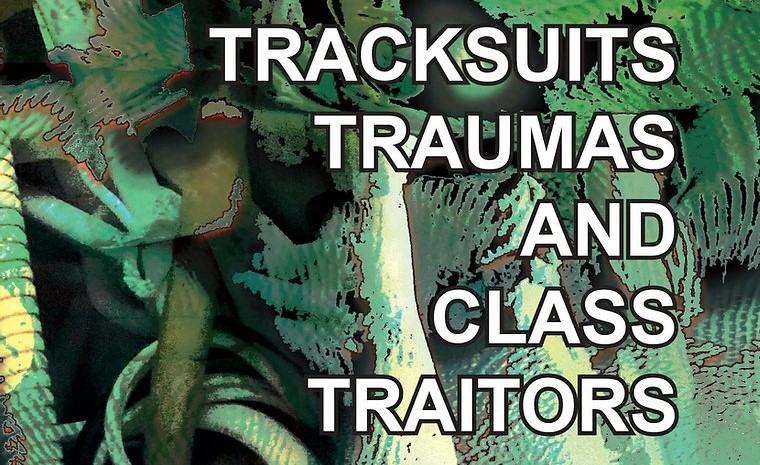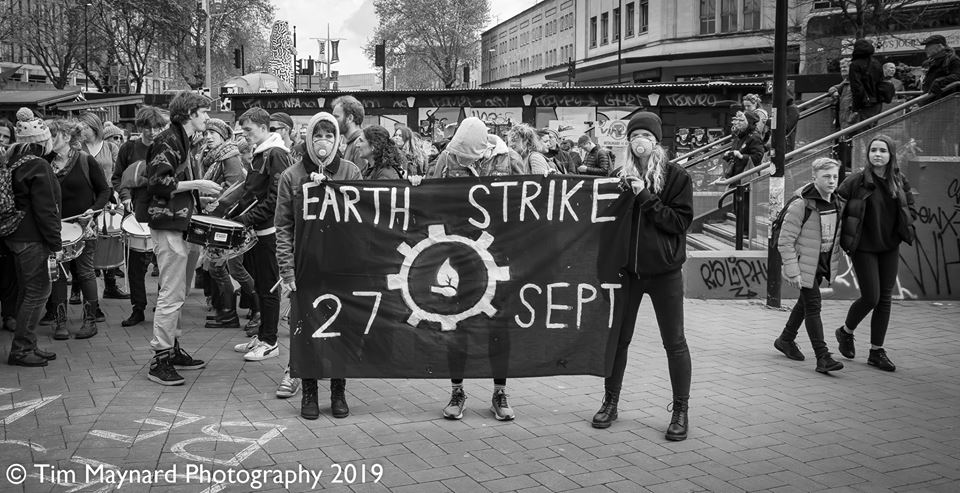Midwives’ working conditions are mothers’ birthing conditions
Following on from their first ever strike last month, the Royal College of Midwives have decided to strike again on Monday 24 November. Despite well-attended picket lines and broad public support on 12 October, the government is continuing to ignore demands for a 1% rise for all midwives. In real terms if pay had increased in line with inflation over the last 5 years, a band 6 midwife would be £6,000 pounds a year better off today. Even the 1% pay rise is effectively a pay cut in real terms. This second strike is essential to maintaining the living standards that allow us to do our vital work.
We all know our pay is rubbish considering the work we do. We know that the rich are getting richer, that inequality is widening, and that the UK is one of the most unequal societies in Europe. Our struggle for better pay is part of this wider context – we refuse to accept the government’s narrow arguments about ‘the deficit’ and ‘the cuts’.
Special job: special exploitation
The view of midwifery as a ‘calling’, a ‘privilege’, ‘the best job in the world’, is fine if it helps you feel happy in your work; but it turns into a weapon against us when we demand decent pay and decent working conditions. “How can you complain? Surely you do it for love and the pay is an extra.” With much of ‘women’s work’ – from mothering to nursing to childminding – there is a sense that we embody the role itself, and would do it for free (and we often do). Midwives doubly so, as it is women doing work for other women. The exhaustion, the fear of disciplinary action or litigation, and the gap between how we want to practise and how we have to, makes the job almost unbearable for some, and forces others to develop a hard-shell to deal with it. We know this affects not only ourselves, but also the women we care for. We know that we don’t give our best to women when the wards are understaffed with little time for breastfeeding support, ante-natal care, or even finishing essential work and completing notes in a shift.
Crisis? What crisis?
But look at it another way: There is a living planet, lots of people, lots of resources, lots of knowledge. We have the ability to communicate, to plan, to work together. We didn’t cause the crisis, they did. If we prioritised human need, instead of the profit that caused the mess we are in, crises wouldn’t exist. The unconditional love that can be in a birth room gives us a glimpse of a better world. In the way a mother cares for her baby, and the way the baby knows it needs to be close to its mum; in the gentle care of dads and grandmas for the mother/baby dyad…
There is money for war (58 billion); money to increase MPs pay by 11%; money for the unpopular HS2 train; money for NHS senior managers bonuses (166 million). ‘Austerity’ is a political choice made by politicians, not a necessity. This ‘crisis’ is only a crisis for the capitalists as they find it harder to make huge profits without us fighting back. To sustain their pre-crisis levels of profit they have to exploit workers and the planet ever more intensively and sell-off every asset they have. This has led to the impending sell-off of the NHS to private firms who have profit as their explicit motive. Pension changes have already forced us to pay more and work longer for less. Governments will soon be coming after incremental pay, claiming that experience has no value: anything to force down wages still further. All this, because of a crisis they created, and that they refuse to pay for.
Midwives and Mothers in Solidarity
Midwives are often the defenders of women’s bodies, of women’s knowledge of themselves against a barrage medicalisation, industrialisation, mistrust, and disgust towards women’s bodies. We are always and clearly on the side of the woman. So to go forward in struggle, we must struggle together with women – and be able to communicate with them about that. It makes no sense to apologise for the service suffering in a strike – we are striking for all women and midwives together. All those with an interest in good maternity care need to know we are taking this action for everyone. Midwives are caught in the care and emergency workers trap: we do care, we do want to do our best – but the conditions are not letting us. To continue working under these conditions is to let ourselves and our women down – much more than a few days of industrial action will.
Recently, in Berlin, Germany, there was a wave of staged strikes in a hospital. Through explaining and getting the patients on board, they were supportive of the strike and accepted the disruption to their care. Here, we need to build on the widespread support we received during the strike in October in order to go forward.
We are also struggling to protect the areas of midwifery still not completely consumed by the medical model. The struggle of the independent midwives who preserve the skills of home births, breach births, drug-free deliveries and breastfeeding. The struggle to defend women’s right to choose their birth. These are all fights for both midwives and women.
November 24 – forwards!
If the Coalition government has taught us anything, it is: if you don’t fight, you lose. Across the NHS and private care sector, workers are facing the same attacks – and are fighting back. Co-ordinated strikes can be a great start for a common struggle. The domestic staff, the HCAs, the porters – we are all essential for a well-run hospital and need to support each other’s struggles – not to allow ourselves to be divided by the formal hierarchies and divisions imposed upon us in the NHS. We need to see this strike as part of an ongoing process of unifying – with other NHS workers, with all other workers, and with mothers. We need to make links across society, to support the widespread anger against austerity, and start a process of real social change towards a society based on need, not profit.





